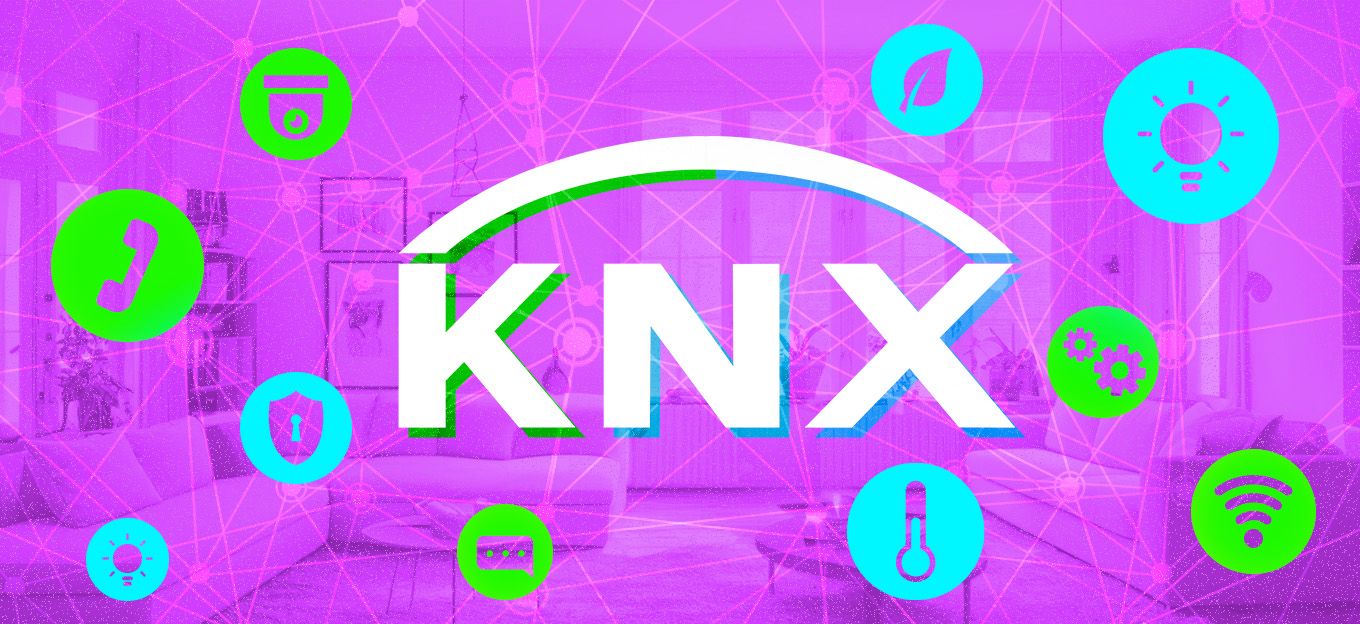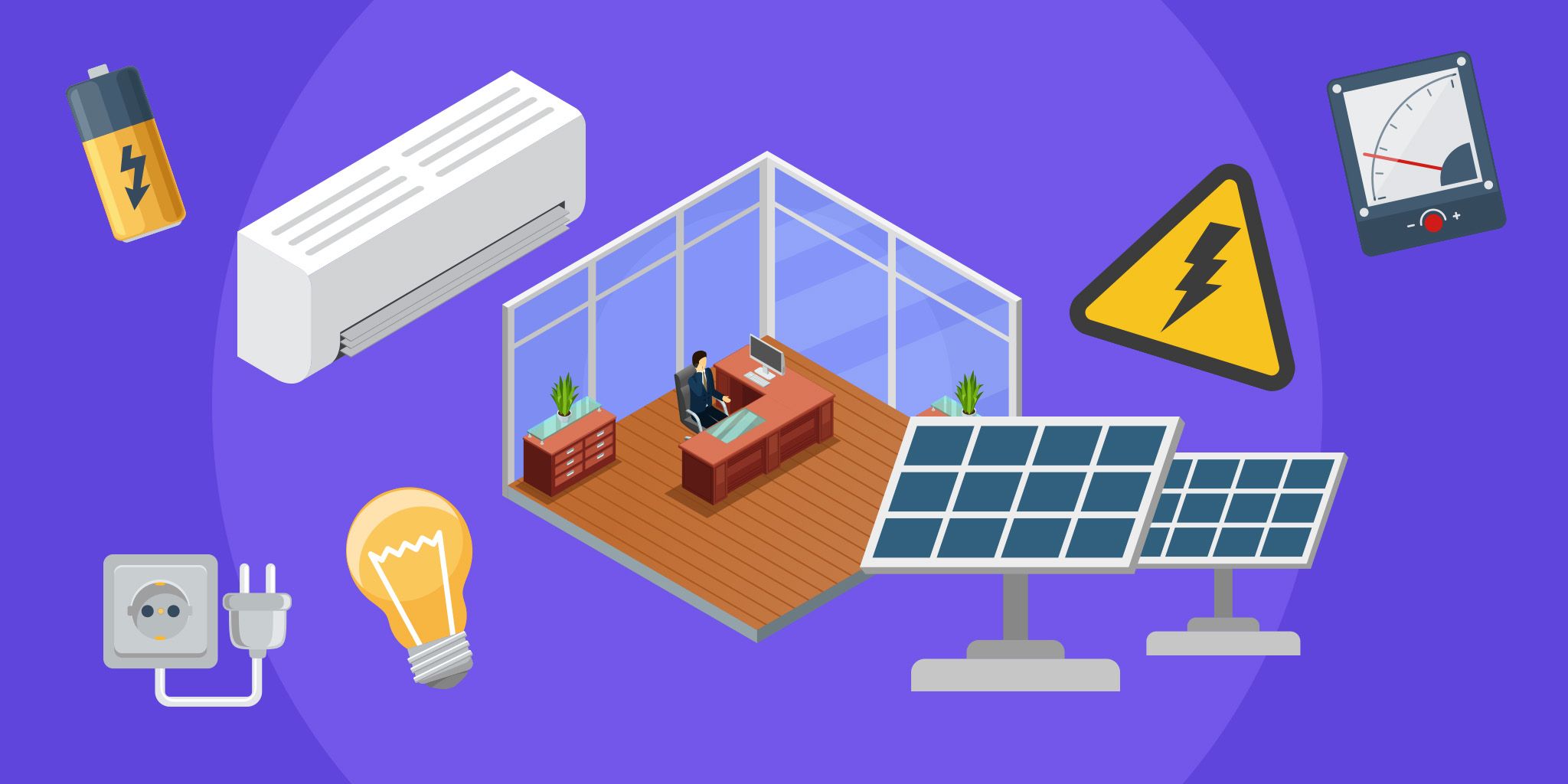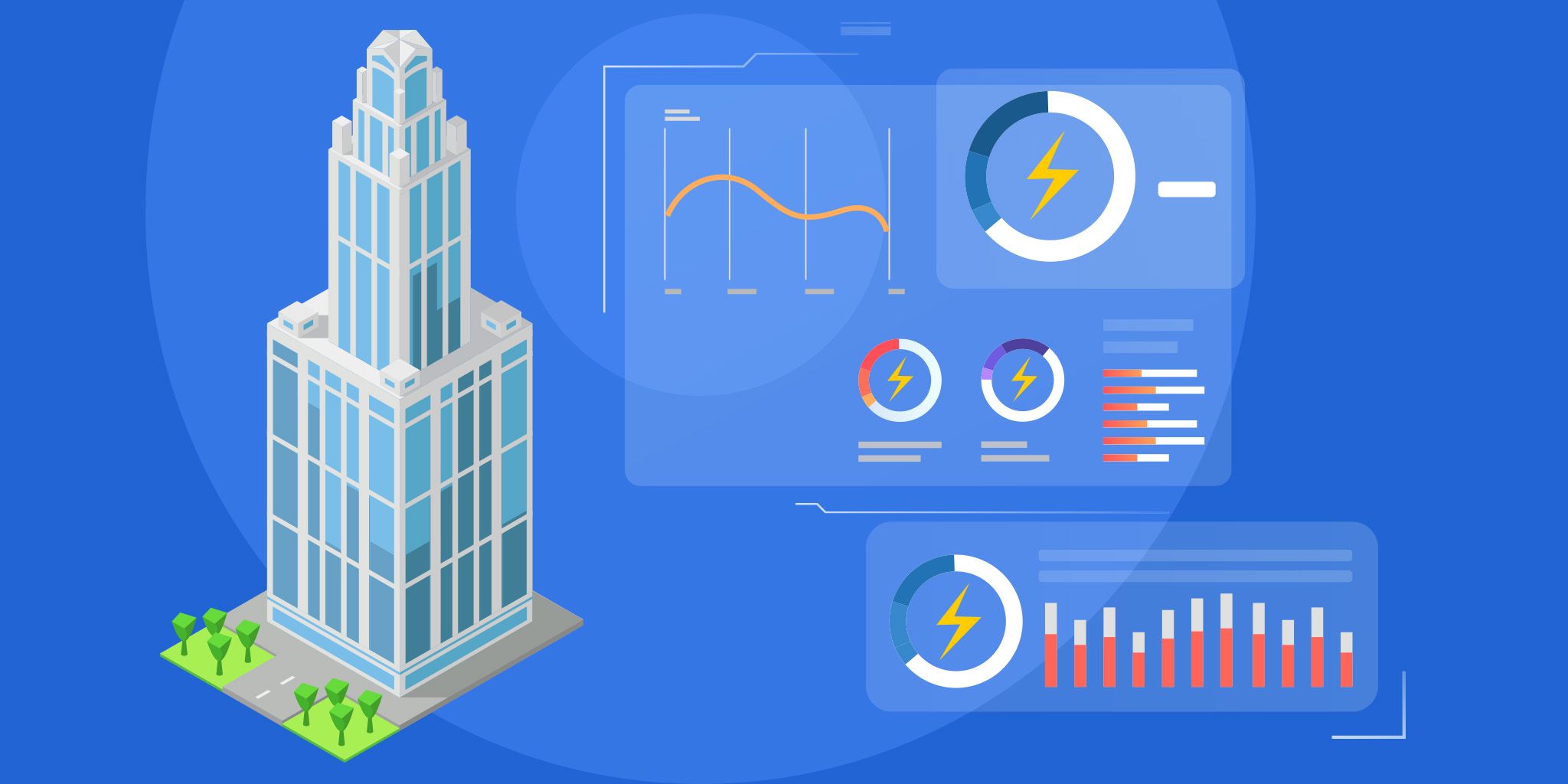5 Ways to Reduce Your Energy Bill Using Smart IoT Devices
5 Ways to Reduce Your Energy Bill Using Smart IoT Devices
- Last Updated: December 2, 2024
Guest Author
- Last Updated: December 2, 2024



Rising energy consumption and skyrocketing bills can put a financial strain on your pocket, making it challenging to reduce costs substantially. So, how does the industry cope with this problem? How can bringing smart tech innovation prevent the increasing rates from going too far? The answer is smart IoT devices.
Every problem comes with future innovation. This article addresses all those challenges and innovations and explains the next-gen technologies and their practices in the real world.
A common practice embedded in our daily routines is minimizing energy waste and encouraging both individuals and organizations to adopt methods that protect the environment from unseen damage. However, we couldn’t achieve this on our own. To reach our goal, smart IoT devices stepped in and helped us achieve similar objectives with their full potential.
What Do We Know About Smart IoT Devices?
Smart IoT devices manage and reduce energy costs by providing real-time insights into energy consumption and enabling automated intelligent control over various appliances and systems. These devices utilize sensors and connectivity to gather data from every usage, allowing for precise monitoring and optimization of energy consumption patterns.
Enabling these technologies allows users to control the devices remotely. It thoroughly manages energy consumption needs and notifies users when required. To speed up innovation, IoT development companies are pioneering the creation of these solutions and implementing them. IT companies bring extensive experience in developing fundamental hardware and software solutions to support smart IoT devices, ensuring effective data collection and user interface functionality.
The collaborative efforts of the IoT App Development Company are bringing practical changes and keeping pace with the innovative shift.
Top 5 IoT Gadgets to Reduce Energy Consumption
IoT-enabled solutions are emerging to protect our pockets from huge bills and prevent environmental degradation. These innovations save the present and provide hope for future generations to live efficiently with limited resources and safeguard productivity.
1. Smart Thermostats to Reduce Energy Consumption
Choosing smart thermostats for households is a good place to start. When looking at monthly enegery bills, it's surprising to see that the increase in bill units is due to the machine's inefficient temperature management (Cool & Warm) and unnecessary electricity usage. To overcome all these issues, advanced devices such as smart thermostats can provide worthy solutions. Smart thermostats can provide a significant bill reduction.
The range of features bridge the gap between traditional energy consumption methods and new innovative approaches. These features offer luxury experiences within a cost-saving budget. Smart thermostats are an innovative invention that keeps the house warm. According to the EPA, smart thermostats that meet the energy criteria can save 8% on energy bills. The major benefits of using these technologies are that they provide remote monitoring and energy usage reports, which balance energy consumption and help manage it efficiently.
2. Smart Lighting Systems to Manage the Bills
Smart lighting can provide the best avenue to safeguard energy conservation. Imagine leaving the office without turning off the lights and other devices! Companies are enabling smart lighting systems to compensate for unwanted energy wastage. This heroic move has the potential to reduce costs and promote cost-effective methods for operational needs.
Smart lighting systems are used in many ways, such as a Wi-Fi-enabled method that can be controlled individually, by mobile apps, or with smart assistance to keep the comfort-first approach in mind.
Key Benefits of IoT Smart Lighting
- It saves energy by switching to more energy-efficient LED bulbs.
- Controlled usage of lights helps to reduce the cut-off in bills. It is possible to utilize electricity when required; when not necessary, it could accommodate the temperature accordingly.
- It adjusts the dimness and color of the bulb in different rooms if necessary.
3. Energy Monitoring and Management Systems
Energy monitoring and management systems are the brainpower of companies to check energy consumption. Implementing these IoT devices can achieve net zero emissions, energy efficiency, and reduced operational costs.
Let’s understand what an energy monitoring and management system is. An energy monitoring and management system (EMS) is a technological process that optimizes energy usage. It involves tracking energy consumption, highlighting areas of insufficiency, and creating strategies to reduce energy consumption. EMS is a strategic investment that aligns with economic benefits. With the robust growth in energy, EMS ensures that it fulfills its responsibilities efficiently.
Enabling this device helps industries and individuals note budgetary advantages, energy tracking, regulatory compliances, visibility, and predictive analytics.
It helps provide real-time data and analytics, which allow for monitoring annual consumption and advising companies where to cut the budget for the forthcoming year.
4. Smart Power Strips and Plugs
Smart power strips and plugs are the modern solutions for modern problems. These smart power strips enabled with efficient IoT technologies can operate effectively and instruct their usage with full capacities. The added feature of monitoring and automating routines cuts off the power of the devices when they are no longer in use.
Though smart power strips can take various forms, the National Renewal Energy Laboratory NREL emphasized the five points worth remembering:
- Timer Power Strip: As the name suggests, power strips will automatically turn off the strips based on pre-scheduled setups.
- Activity Monitor Power Strips: These smart power strips act according to their surroundings. They will be turned on when activity is detected and will turn off if no activity is detected.
- Remote Switch Power Strips: These allow the user to turn off the strips remotely according to their needs and consumption capabilities.
- Master-Controlled Power Strips: These are an excellent choice for homes and offices where many cables must be plugged in. If the users turn off the primary devices, like computers and TVs, the power strip will automatically disconnect the power supply for the rest of the devices.
- Masterless power strips: With these smart power strips, power is completely cut off when the devices are in standby mode.
5. IoT Smart Appliances
IoT has greatly improved home appliances, making things quicker and tracking real-time statuses. Using commonly used devices, it has connected every corner with technologies to get accurate information across the board. It allows for multitasking without hindering the quality of work.
Smart Sensors
These technology-equipped sensors help gather data from the home environment. They can efficiently detect temperature, humidity, motion, and light density. These sensors help other devices automate other tasks by obscuring the present situations.
Voice Assistance
Alexa and Google Assistance are voice controllers that perform tasks per voice commands. For example, if users want to play music without touching their devices, they might say, " Hey, Alexa, play this song.” The device will play a song specifically for the user to start their day or uplift their mood. Voice assistance can do many other tasks as well.
Smart Appliances
IoT-enabled home appliances can directly coordinate with the central hubs to share their health monitor ratio, energy consumption, maintenance requirements, and more. It helps the users make the most efficient and best decisions for their homes and appliances.
Energy Management
IoT-enabled appliances are well-organized to maintain themselves and check their energy consumption. If energy consumption increases, an alert will let users know about their energy usage. This enabled gadget gauges everything from home lighting to smart thermostats to refrigerators and collects data meticulously to manage energy efficiently.
Conclusion
Smart IoT devices have transformed traditional home tasks with technological and interconnected methods. With IoT-enabled gadgets, users can enjoy each moment without worrying about costly energy bills. These efficient capabilities ensure data security, energy efficiency, and convenience. It has made tasks easy, efficient, and data-oriented, which helps to maintain balance and mitigate future risks.
The Most Comprehensive IoT Newsletter for Enterprises
Showcasing the highest-quality content, resources, news, and insights from the world of the Internet of Things. Subscribe to remain informed and up-to-date.
New Podcast Episode

IoT in 2026: Trends and Predictions
Related Articles




